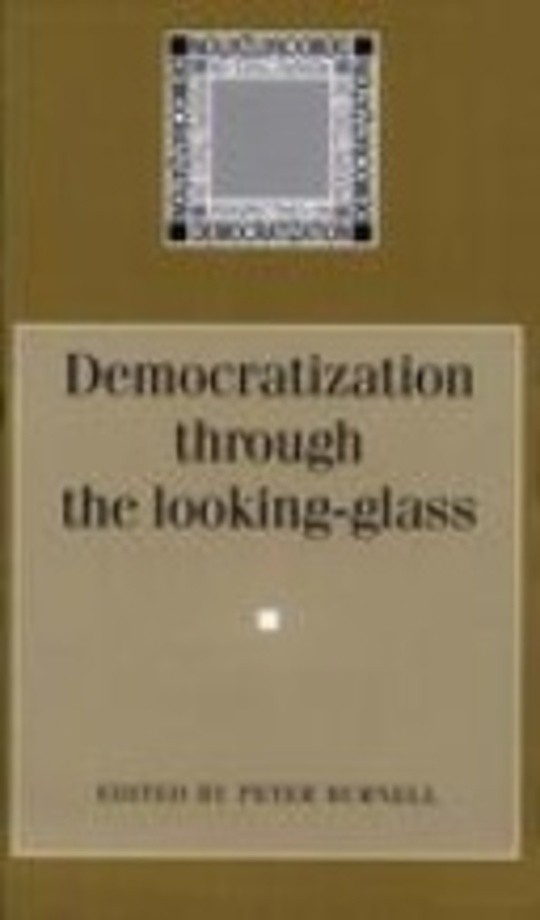
All people are equal, according to Thomas Jefferson, but all migrants are not. In this volume, twelve eminent scholars describe and analyse how in countries such as France, the United States, Turkey, Canada, Mexico, the Netherlands, Sweden, and Denmark distinctions were made through history between migrants and how these were justified in policies and public debates. The chapters form a triptych, addressing in three clusters the problematisation of questions such as ‘who is a refugee’, ‘who is family’ and ‘what is difference’. The chapters in this volume show that these are not separate issues. They intersect in ways that vary according to countries of origin and settlement, economic climate, geopolitical situation, as well as by gender, and by class, ethnicity, religion, and sexual orientation of the migrants.











